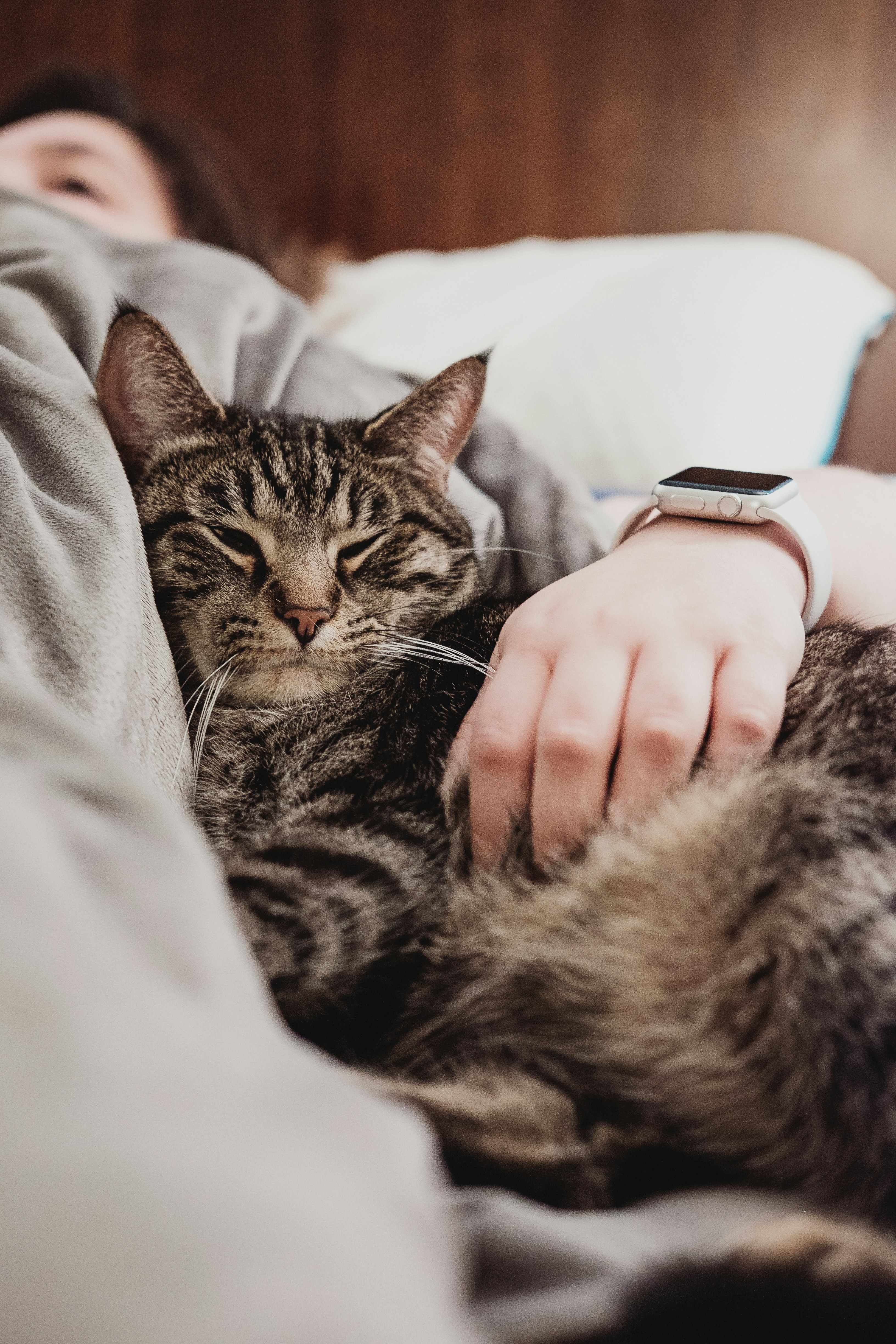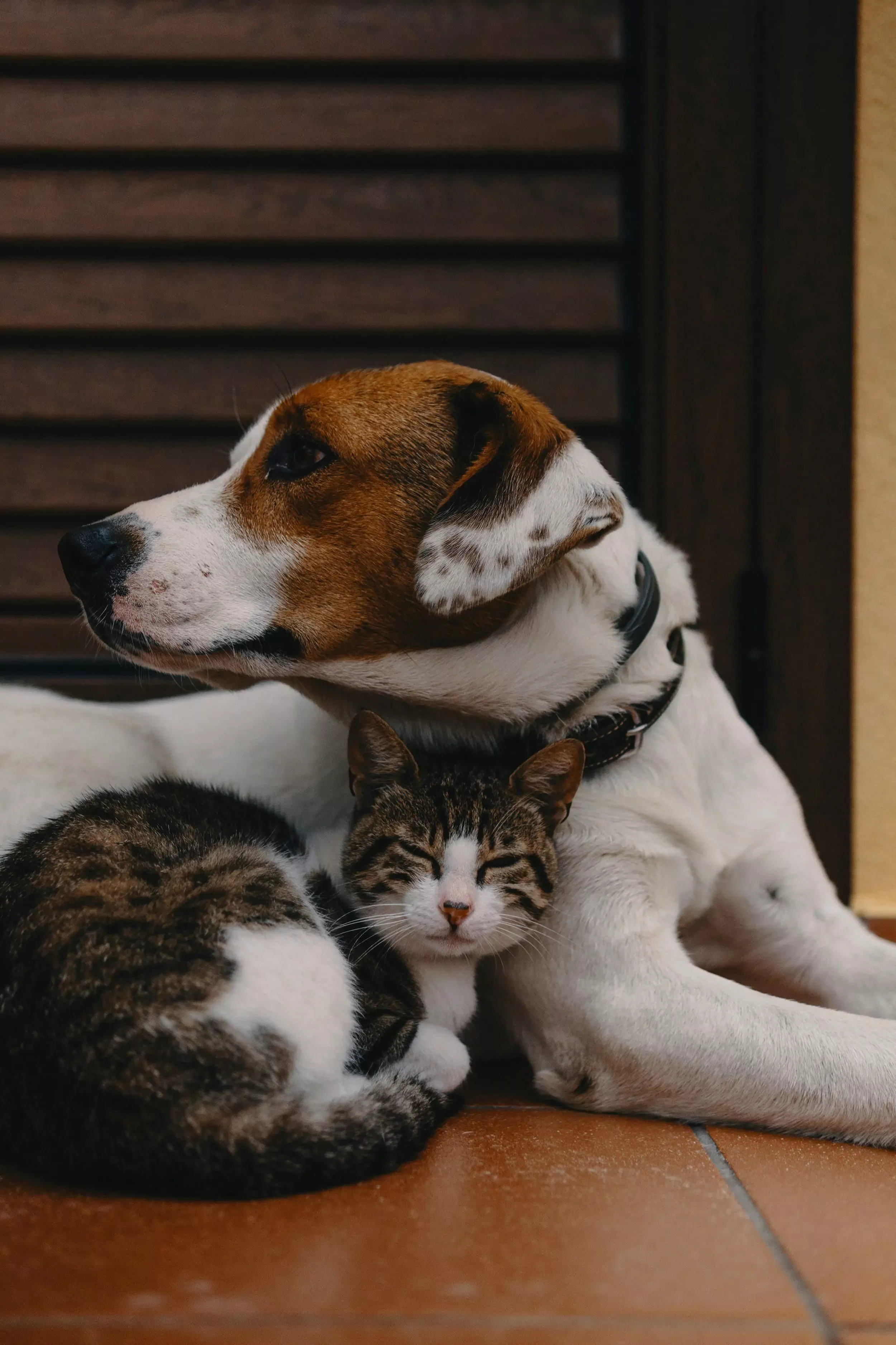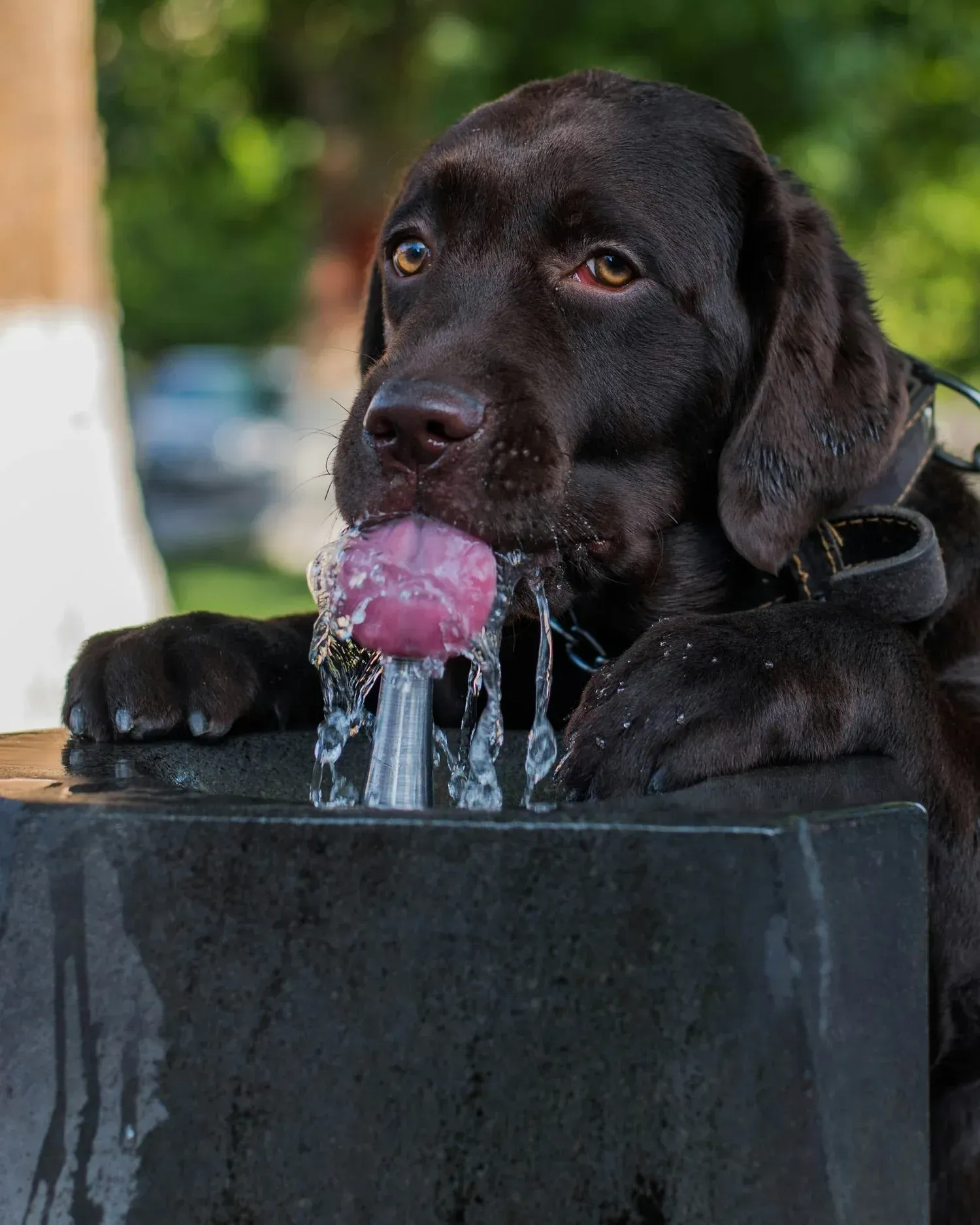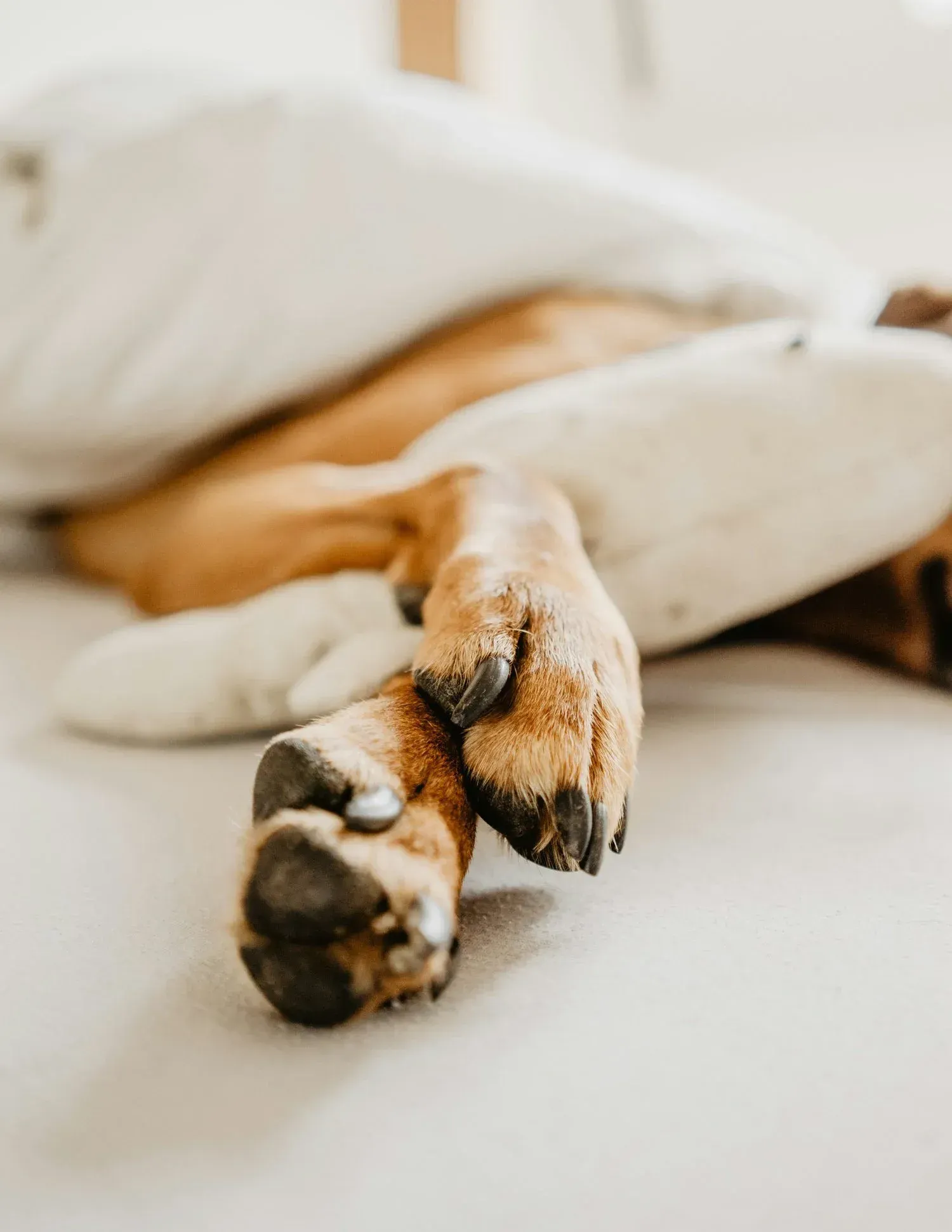
Paws Off! Part 1: A Guide to Common Pet Toxicities, Prevention, and What to Do in Case of Exposure
As a pet owner, ensuring the health and safety of your furry companions is paramount. The U.S. Congress established National Poison Prevention Week on September 16, 1961, and the Poison Prevention Week Council was organized shortly thereafter to coordinate this annual event and promote poison prevention. This year, National Poison Prevention Week is designated for March 16–22, 2025. In addition to highlighting the toxins pets may encounter, I also want to address what to do if your pet gets into trouble.




